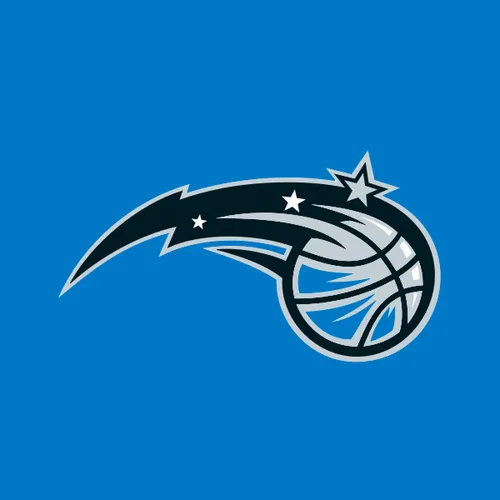







Cheerleading Jobs in the Sports Industry: A Quick Guide
Introduction
Cheerleading professionals contribute to the excitement and enthusiasm of the sports industry by engaging fans, boosting team morale, and providing captivating performances during games and events. The cheerleading sector offers various job opportunities for individuals with diverse skill sets and interests, from performers to coaches and choreographers. This guide will discuss the role of cheerleading professionals in the sports industry, types of jobs available, salary expectations, essential skills, and tips for securing a position in this dynamic field.
The Role of Cheerleading Professionals in the Sports Industry
Cheerleading professionals contribute to the overall fan experience by performing routines, engaging with fans, and supporting their teams. They play a crucial role in fostering team spirit and promoting a positive atmosphere during games and events. Professionals within the cheerleading sector may also participate in community outreach initiatives and represent their organizations at various promotional events.
Types of Cheerleading Jobs Available in the Sports Industry
There are several job opportunities within the cheerleading sector of the sports industry, including:
Cheerleaders: Performers who showcase their skills in gymnastics, dance, and stunts during games and events.
Cheerleading coaches: Professionals responsible for training and guiding cheerleaders, developing routines, and ensuring safety.
Choreographers: Individuals who design and create the dance routines and formations performed by cheerleading squads.
Team managers: Professionals who oversee the administrative and logistical aspects of cheerleading teams.
Athletic trainers: Specialists who provide medical care and injury prevention for cheerleaders.
Salaries for Entry-Level, Junior-Level, Intermediate-Level, and Senior-Level Candidates
Salary expectations for cheerleading professionals vary depending on the role, experience, and organization. Entry-level cheerleaders may receive modest pay, often on a per-game or per-event basis. Junior-level professionals, such as assistant coaches and choreographers, can expect to earn annual salaries ranging from $20,000 to $35,000. Intermediate-level roles, including head coaches and experienced choreographers, may see salaries between $35,000 and $60,000 per year. Senior-level positions, such as team managers and athletic trainers, can earn $60,000 or more annually, depending on their qualifications and the size of the organization.
Essential Skills Needed to Succeed in Cheerleading in the Sports Industry
To excel in the cheerleading sector, professionals should possess the following skills:
Athleticism: Strong physical fitness, flexibility, and coordination are crucial for cheerleaders.
Dance and gymnastics skills: Cheerleading routines often incorporate various dance and gymnastics elements, making these skills essential for performers.
Teamwork: Cheerleading professionals must work well with others, both on and off the field, to achieve successful performances and maintain a positive team dynamic.
Communication: Effective communication skills are critical for coaches, choreographers, and team managers to convey instructions and collaborate with other professionals.
Time management: Balancing practice schedules, performances, and personal commitments requires strong time management skills.
Tips for Landing a Cheerleading Job in the Sports Industry
To secure a position within the cheerleading sector, consider the following tips:
Gain relevant experience using Rebound: Participate in cheerleading, dance, or gymnastics at the high school or college level to develop your skills and enhance your resume/cover letter.
Network: Connect with cheerleading professionals and organizations through social media, industry events, and workshops to expand your network and learn about job opportunities.
Showcase your skills: Create a portfolio or video reel that highlights your abilities as a performer, coach, or chore ographer to share with potential employers.
Attend auditions and tryouts: Many professional cheerleading squads host auditions or tryouts, which are excellent opportunities to showcase your skills and potentially secure a position.
Pursue certifications and training: For coaching and athletic training roles, obtaining relevant certifications and participating in professional development courses can make you a more competitive candidate.
Intern: Offer your services as an intern with local cheerleading teams or organizations to gain experience and expand your network.
Conclusion
Cheerleading professionals play an essential role in the sports industry, contributing to the excitement and energy surrounding games and events. A wide range of job opportunities exists within the cheerleading sector, from performers to coaches and team managers. By honing essential skills, gaining relevant experience, and networking within the industry, individuals can pursue rewarding careers in this vibrant and dynamic field.



























